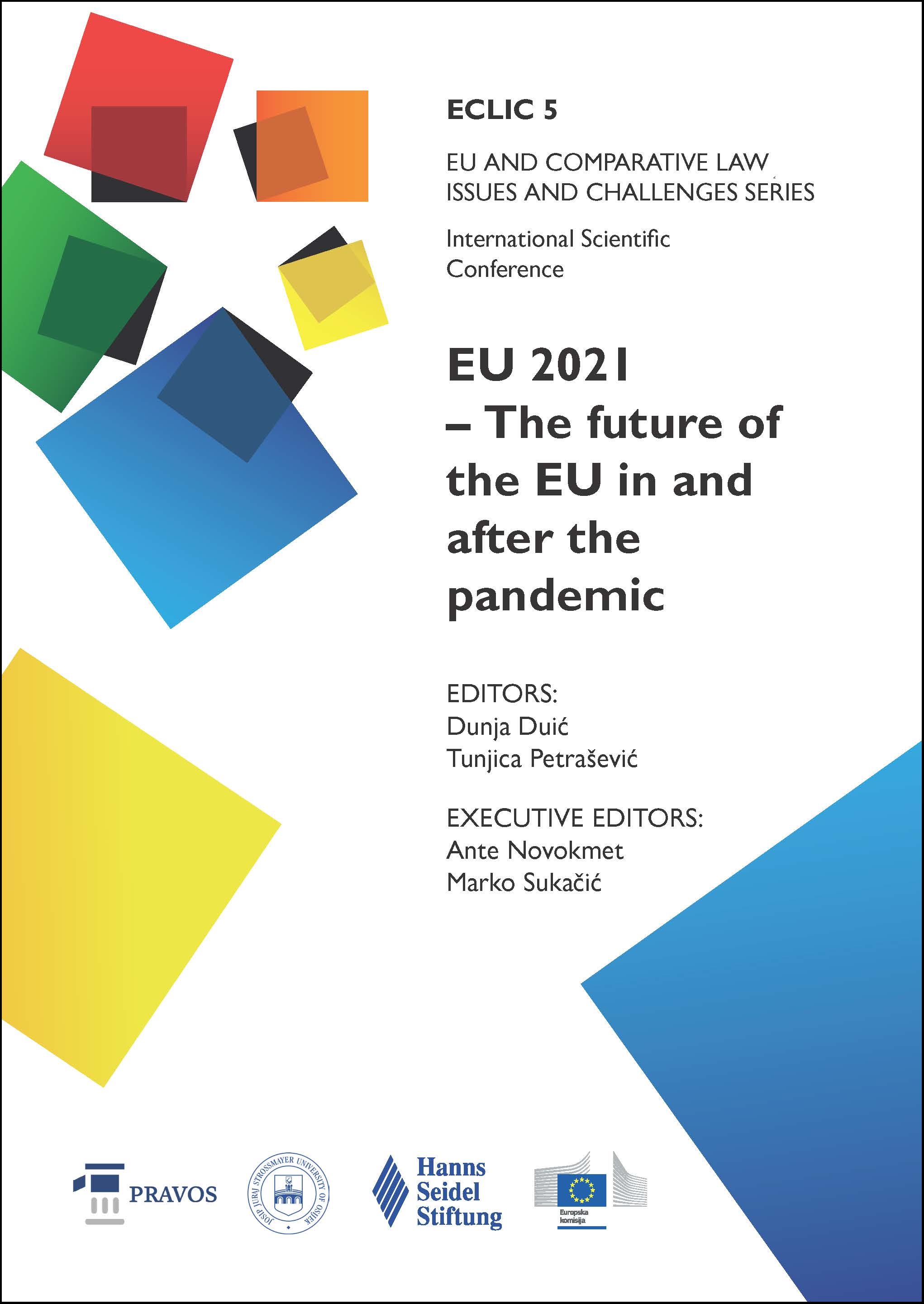THE ABUSE AND EXPLOITATION OF FOREIGN SEASONAL WORKERS
DID THE CORONAVIRUS EMERGENCY WORSEN ALREADY PRECARIOUS WORKING CONDITIONS IN THE AGRICULTURAL SECTOR?
DOI:
https://doi.org/10.25234/eclic/18310Abstract
Seasonal workers are increasingly important in some Member States as a means to fill the labour market needs. Preferred due to their lower salaries, greater docility and the evasion of administrative and social security obligations, migrant workers are often treated less favourably than domestic workers in terms of employment rights, benefits and access to adequate housing. The agricultural sector of employment is particularly at risk of labour exploitation during harvest seasons and thus associated with atypical or informal forms of employment and precarious working conditions. The COVID-19 pandemic gave visibility to the new risks the seasonal workers are exposed to. In addition, it showed that in some cases such problems can lead to the further spreading of infectious diseases and increase the risk of COVID-19 clusters. The consequences of of the pandemic can be observed in Croatia too. This paper primarily covers the position of third-country nationals who enter and reside in Croatia for the purpose of agricultural seasonal work within the framework of the Seasonal Workers Directive (Directive 2014/36/EU). Significant challenges facing the Croatian labour market have been addressed by means of a comparative approach in order to present the current situation on the EU labour market and suggest potential legal solutions applicable in regard to the national circumstances.
Downloads
Published
How to Cite
Issue
Section
License
Copyright (c) 2021 Karla Kotulovski, Sandra Laleta

This work is licensed under a Creative Commons Attribution-NonCommercial 4.0 International License.
Authors retain the copyright on the papers published in the Journal, but grant the right of first publication to the Journal. Papers accepted for publication or already published in ECLIC of the Faculty of Law in Osijek may be published by the author(s) in other publications only with proper notice of its previous publication in ECLIC.


